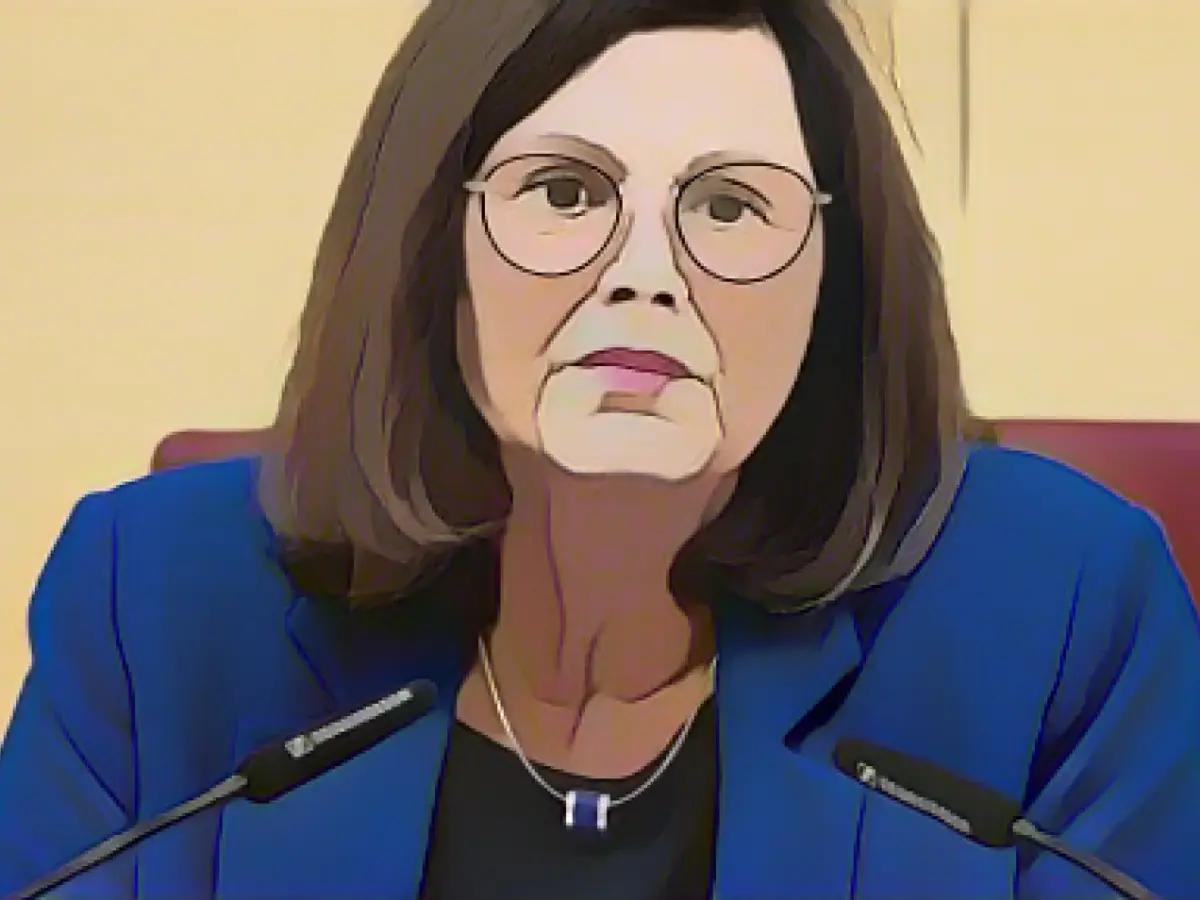Parliament: Aigner and Söder Call for Action in 2024
Bavaria's State Parliament President, Ilse Aigner (CSU), sent the parliament into its Christmas break with a call to action for politicians at both federal and state levels. She urged them to tackle and solve problems, declaring 2024 as a "year of results," particularly at the federal level. Aigner emphasized the importance of convincing people of their intentions and actions, rather than merely identifying and discussing problems.
Addressing the AfD directly, Aigner promised to monitor the behavior within the parliament closely and take appropriate action when necessary. She did not name Daniel Halemba, the AfD member under investigation by Würzburg public prosecutors, but made it clear that incitement of the people was unacceptable.
Bavaria's Minister President, Markus Söder (CSU), echoed Aigner's sentiments. He stressed the need for a breakthrough, a leap forward in 2024, and cautioned against ignoring problems as it would not make the world a better place. Söder emphasized the importance of finding practical solutions, rather than relying on ideology.
For the first time, AfD parliamentary group leader, Katrin Ebner-Steiner, was granted the opportunity to deliver closing remarks. She warned of potential economic and cultural decline, and criticized the "ruling ideologues." Her remarks drew sharp criticism from other parliamentary groups, with individual MPs shouting "ugh!" and "stop it!" at Ebner-Steiner.
Aigner reminded Ebner-Steiner of the tradition of delivering conciliatory closing words before Christmas. In contrast to past decades, Söder described the current State Parliament as "conspiracy-theoretical, absurd, confusing, and embarrassing."
Relevant Insights
- The political tensions in Bavaria's State Parliament reflect a broader national trend in Germany, characterized by heightened polarization, particularly ahead of the snap federal elections on February 23, 2025.
- The AfD is gaining ground, with polls projecting it as the second-strongest parliamentary force in the upcoming elections. This has led to increased tensions and protests against the CDU's collaboration with the AfD.
- The CDU's collaborations with the AfD, such as the "five-point plan" on migration policy, have been widely criticized by opposition parties, religious leaders, and the public. These criticisms have been largely ignored by the CDU and CSU.








